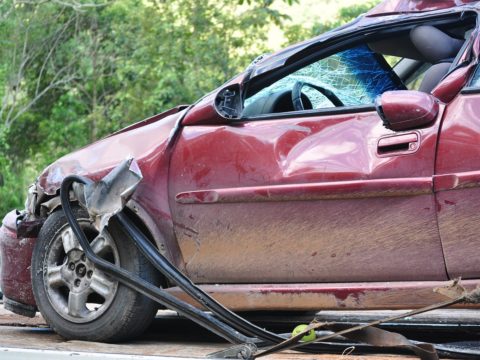If you’re reading this piece, chances are you have at least a passing interest in motorcycles. Maybe you’re considering buying one right now, or maybe you’ve already gone to somewhere like this Harley-Davidson dealership in Chambersburg, PA and chosen your new model. Some states would allow you to do this even without a motorcycle license, although it would be basically impossible to get any kind of financing or insurance without one.
Obviously, motorcycle insurance is going to be one of the most important things for you to think about. Motorcycles, while freeing and exhilarating, are a more dangerous mode of travel than most vehicles. The risk of injury, or even fatal accidents, is significant. This is compounded by factors like speeding and other unsafe practices, so it’s imperative to exercise extreme caution. It’s also important that you have a full understanding of your motorcycle insurance and how it interacts with other insurance plans, as there are plenty of widespread myths about this.
Motorcycle insurance myths
One of the most common myths is the idea that your motorcycle insurance rate is only affected by things that involve the motorcycle. This is untrue because insurance companies adjust their rates based off your entire driving record. This means that if you get in a wreck with your car, this event can increase your motorcycle insurance rate. There are plenty of other factors that affect your insurance rate, as well, such as the type of bike, age and experience, and claim history. Make sure you know what you’re getting into when selecting a plan.
Another, potentially much more damaging, myth is that you don’t need to get more coverage than your state’s minimum requirement. The reasoning behind this is that a motorcycle can’t cause as much physical damage as a car can. This is faulty logic. Let’s say your motorcycle causes an accident that results in multiple cars colliding with each other. Even if your motorcycle didn’t physically cause the damage itself, it is still responsible for it. This makes you liable for all damages. Make sure you get a plan with enough coverage to handle a situation like this.
Lastly, remember that it doesn’t matter if it’s a car, a motorcycle, or anything else. If you let someone else drive your vehicle, your rates can be affected by any damages they incur. Your vehicle is always your responsibility.
Handling difficult claims
Not every accident is going to be your fault, and you’ll naturally want your insurance company to pay up when you’re injured or property is damaged that you are not liable for. Unfortunately, insurance companies make their money by avoiding this, From a life insurance prelicensing program to company provided training and loopholes, agents are taught how to deny claims based on any reason they can find. To prevent this, it’s important to act immediately and carefully. If the claim involves an injury, make sure you seek treatment ASAP, as a delay in this can easily see your claim denied. Make sure clear medical records are kept and submitted with your claim. Also make sure to collect any relevant video/photographic evidence and witness statements, as these can prove extremely valuable.
It may not be possible to win this fight on your own. If you feel you claim was wrongfully denied, then your best bet is to seek services like this motorcycle accident attorney in Pennsylvania. Law firms like this specialize in difficult cases, and their expertise can make all the difference toward a successful claim. It’s important to take as many preventative measures as possible to prevent accidents in the first place, but you deserve to be treated fairly when you are not liable for the accident.
